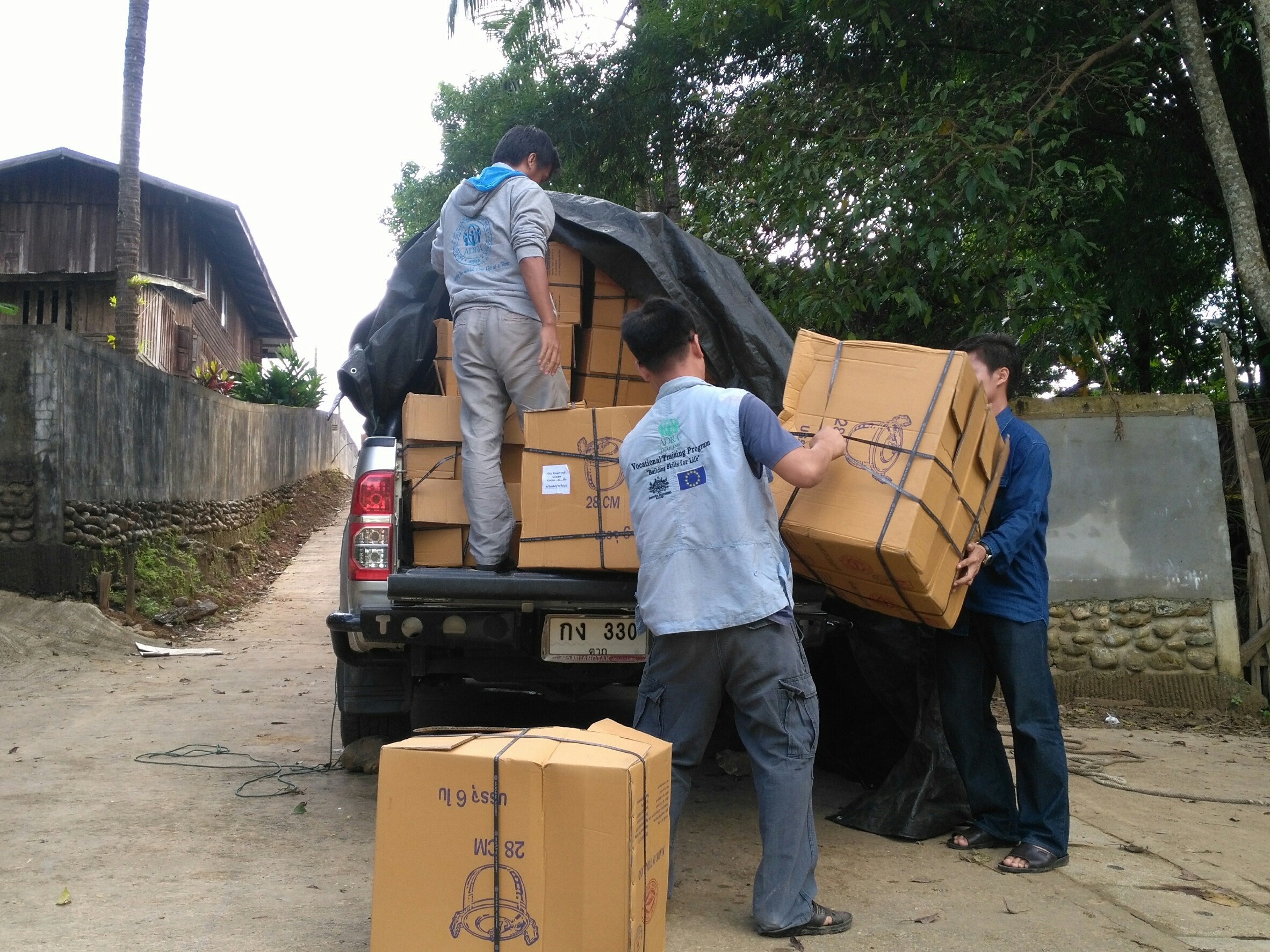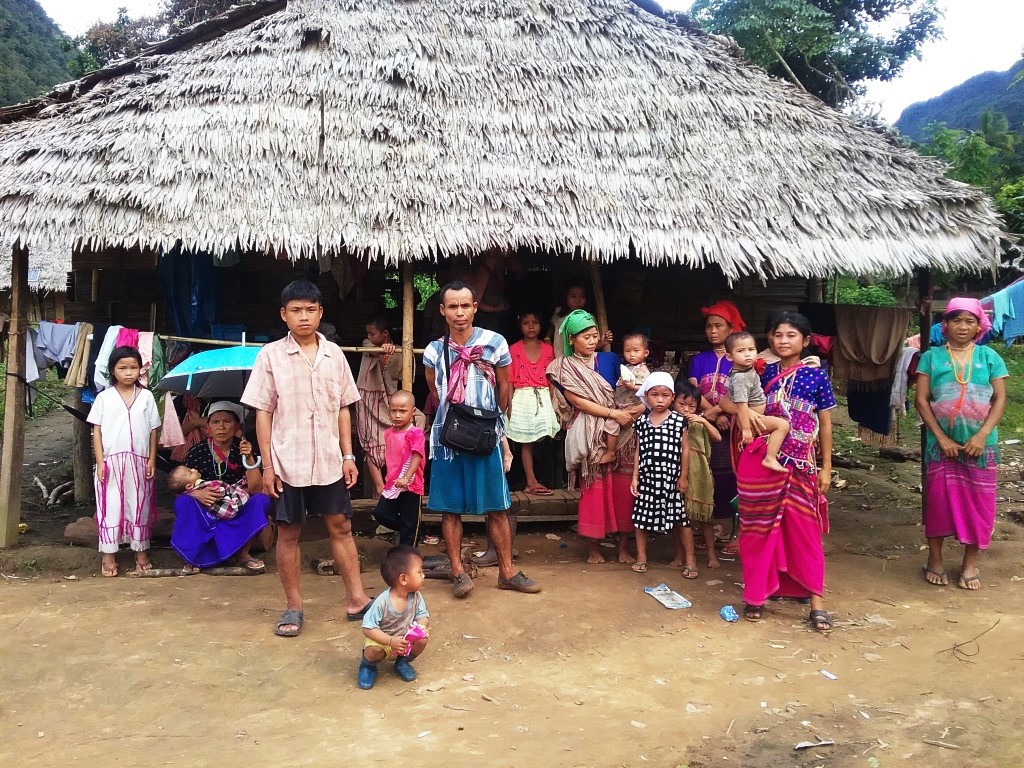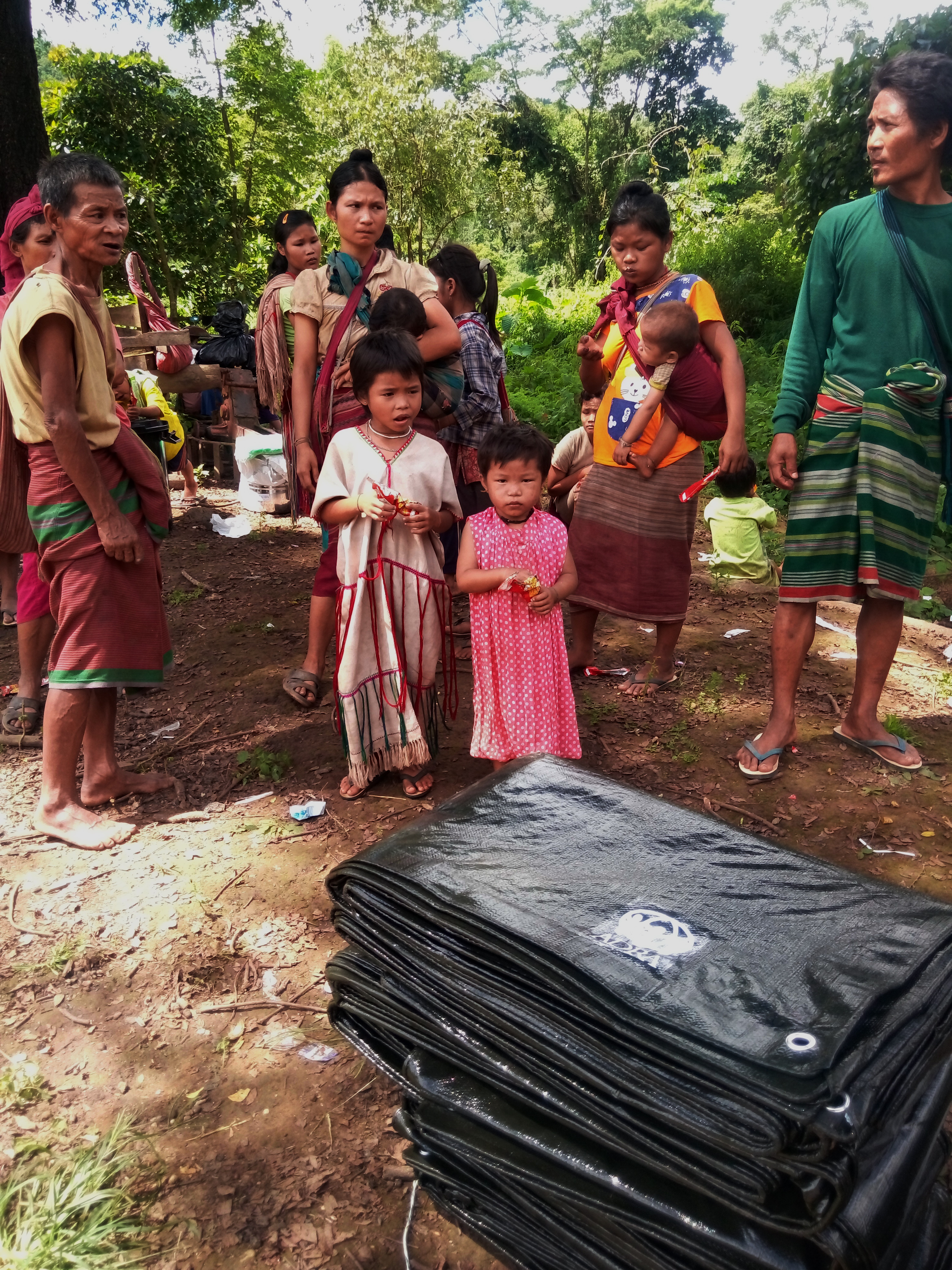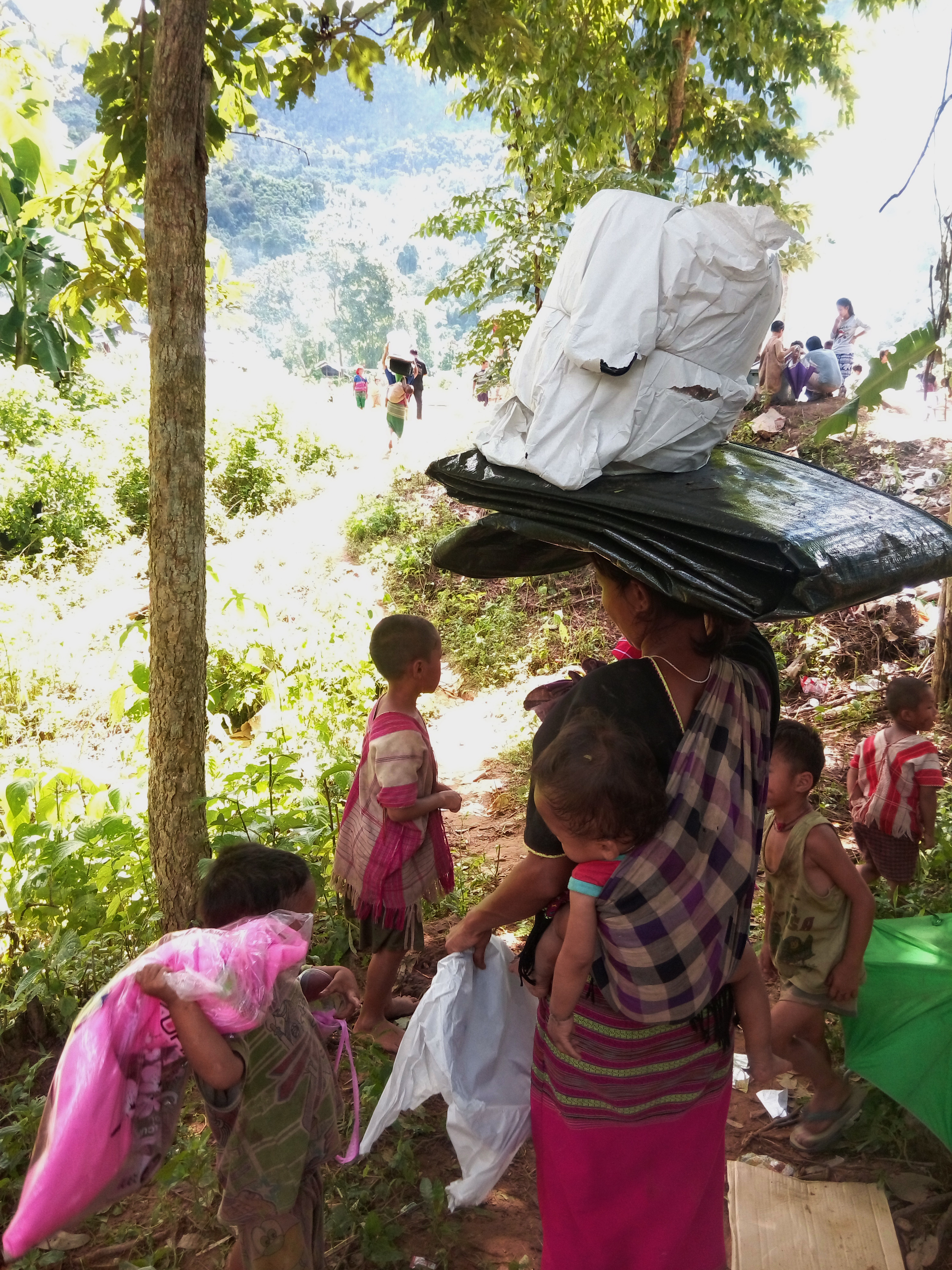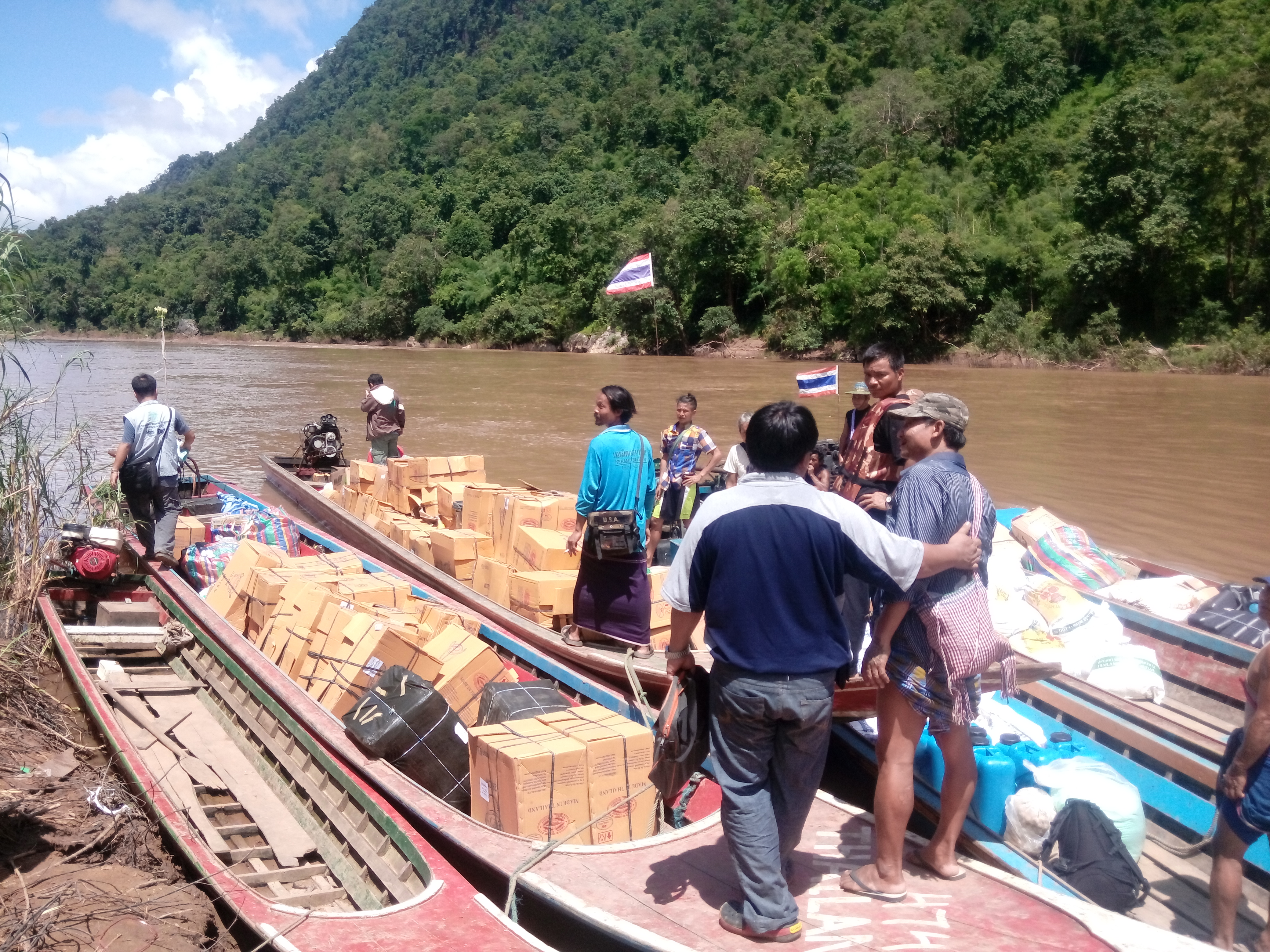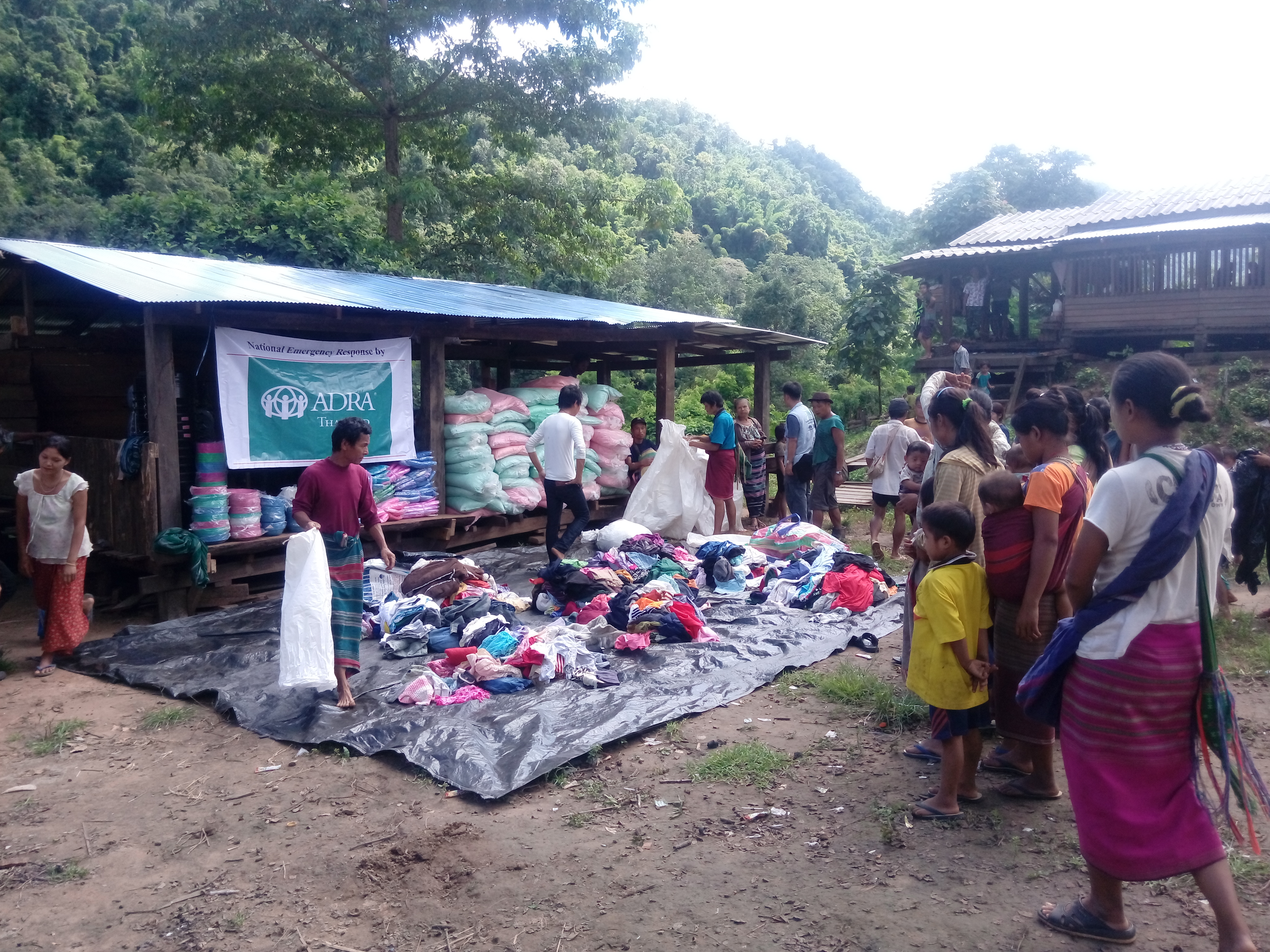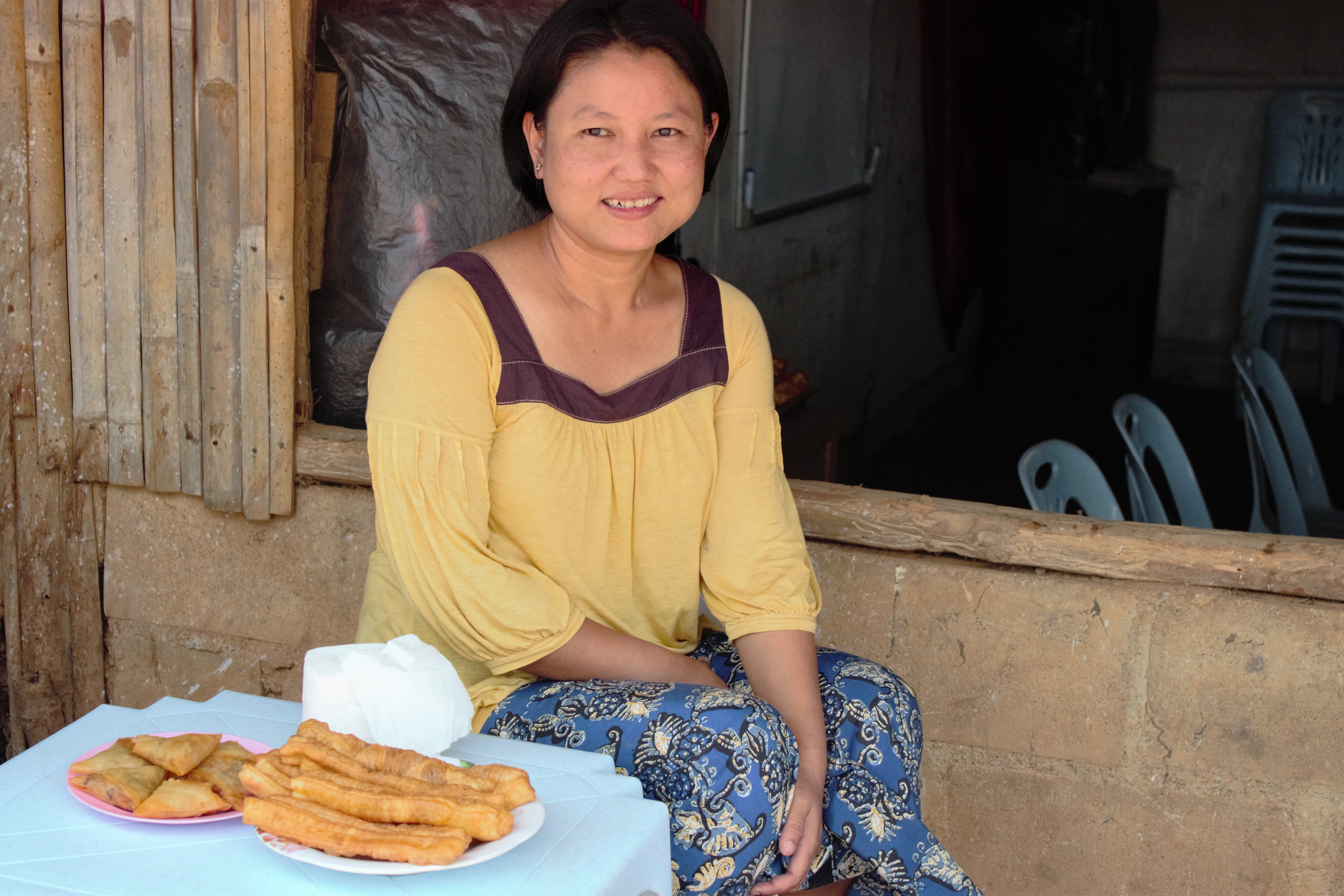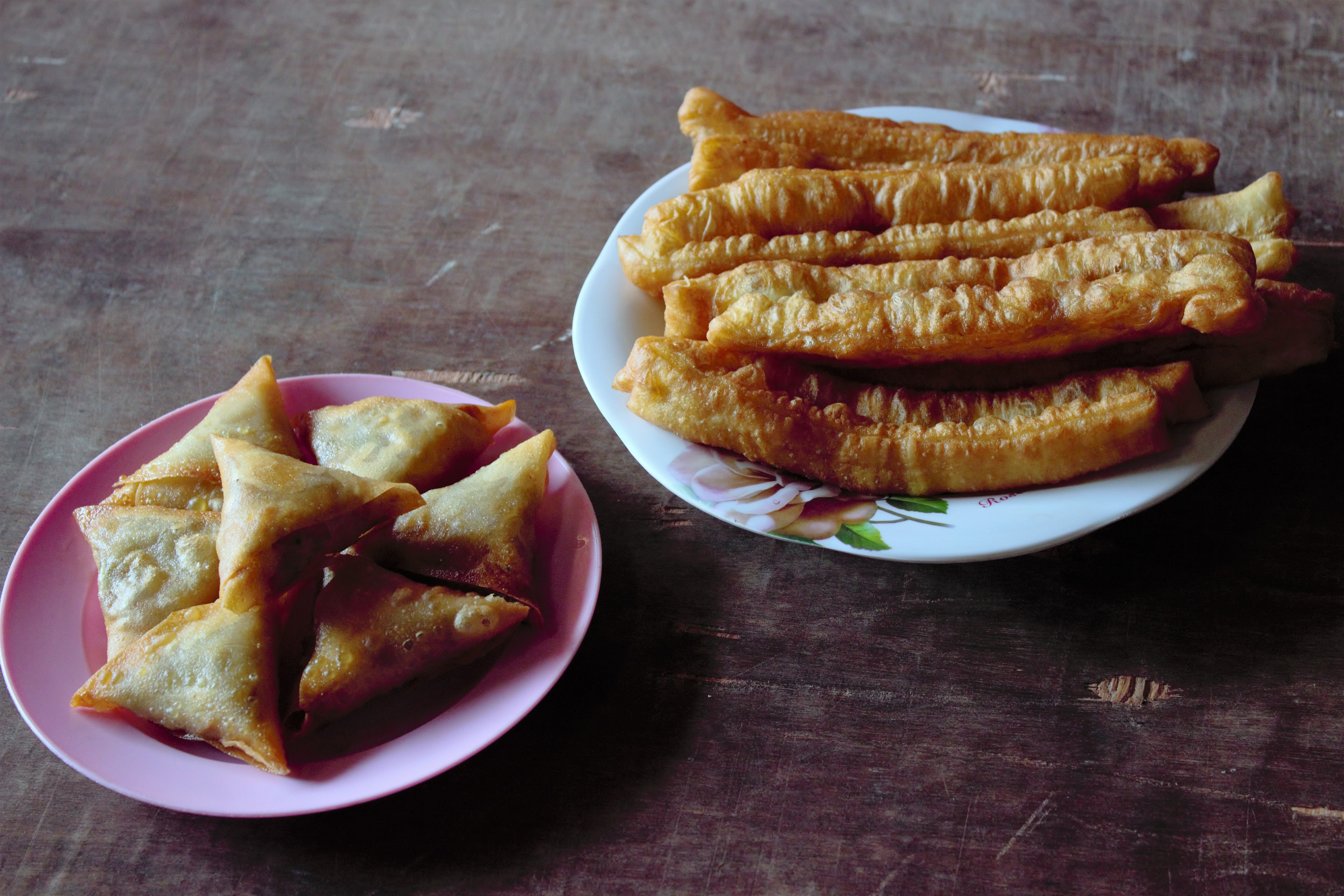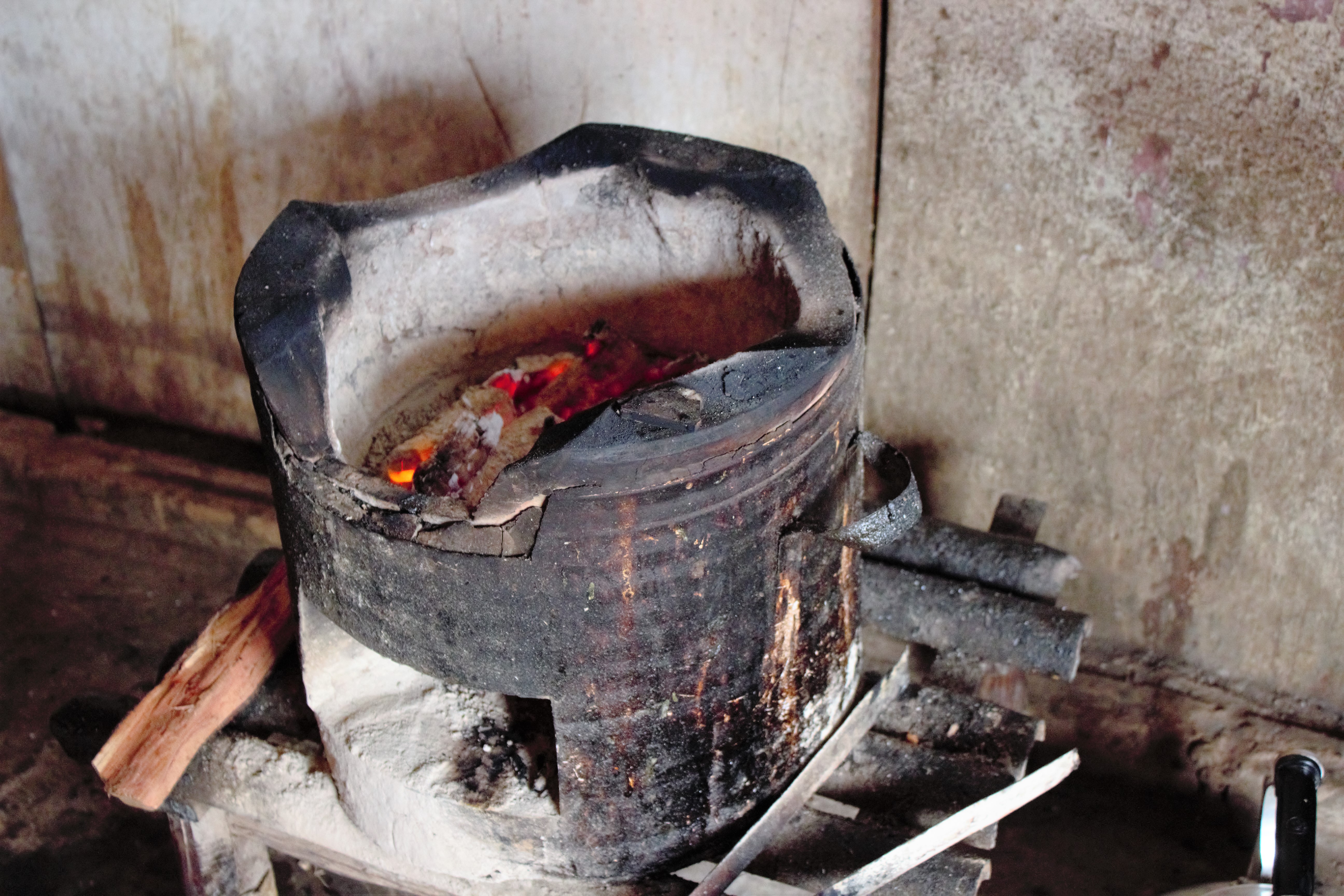Stateless: Being a Foreigner in a Country Where You Are Born and Speak the Language
Statelessness: Being a Foreigner in a Country Where You Are Born and Speak the Language
Thailand, known for its exotic beauty and culture, has been a travel destination for tourists all over the world. Its beauty is a charm to both tourists and locals. While the tourists can go around and explore with no constraints, it can be difficult for some locals because they are considered stateless.
“I have been born in Thailand and have lived in Thailand for years, but to be considered stateless is painful,” said Ms. Jahmang Saeyang, a client of ADRA’s Statelessness Reduction and Community Sensitization Project (CSP).
“Let’s forget about leisure travels; even traveling for work, I have to go to the district office and process paper that will permit me to travel. It’s like a document foreign tourists prepare before coming to Thailand. Besides having to process papers for travels, I have to get a work permit to work legally outside my village,” she continued.
The main reason that has led some people from smaller villages and towns to become stateless is due to a lack of knowledge and information in the need and requirement of family registration and birth certificate. Without having family registration and birth certificate, there is no way to proceed in obtaining a Thai ID. Pheeraphat Khachonsantikul, a community mobilizer in CSP, also mentioned that language barrier and a lack of education are the most common causes of statelessness in many of the cases ADRA is helping with.
“I was stateless before I got my Thai ID in 2008. Although I was born in Samutsakorn, I couldn’t be considered Thai without a birth certificate and ID. Starting a new life in Thailand without knowing the language was difficult for my parents, not to mention about knowing the need and how to get registration and ID,” said Pheeraphat.
Not knowing the need for birth certificate and ID has made Akha and Lahu tribe from Myanmar and Luah tribe from Yunan, China stateless. However, a lot of them do not know that they are stateless. Some children in school are not aware that they are stateless until they reach a certain age. “I never knew I was different from other Thai students until I turned fifteen,” said Rung Napa, a volunteer in CSP. “All along I always thought I was Thai since I was born in Thailand, but I found out I was not when my card turned to be pink while my friends’ were green,” she continued.
The pink card, also known as the stateless card, provides education benefits although they may be short of other citizen benefits. Some of the restrains include requirements for notification to the district office for travels, updates on work permit for switching jobs, and proof of being a Thai as one of the job requirements.
“I can’t wait to be considered as a Thai citizen and to be able to travel and work in different shops. Being considered an unwelcomed foreigner in a country where I was born and speak the language is just heart breaking,” affirms Ms. Jahmang Saeyang.

